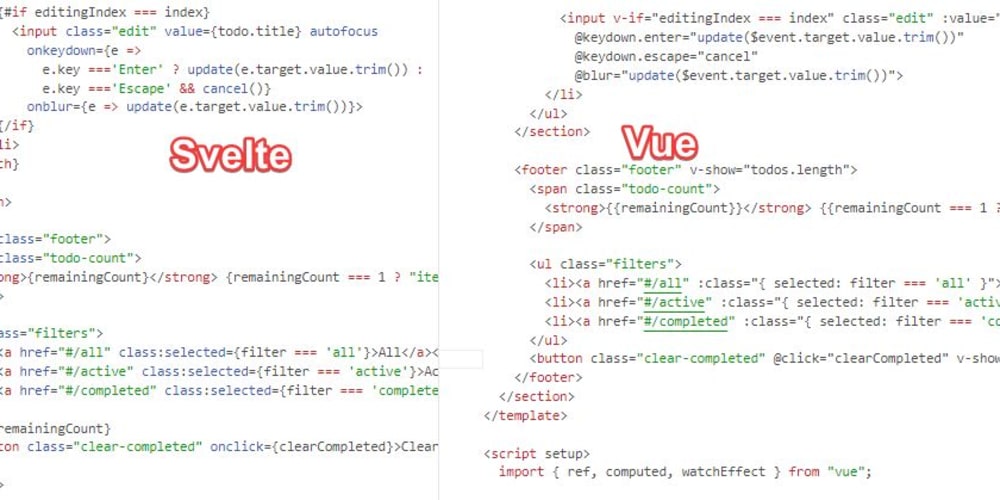The numbers show that 750,000+ organisations are using Slack!
I've been using Slack for 3+ years myself and as our primary mode of communication (internal team) over the past one year and have had my fair share of qualms with it.
Our community had a lively discussion on this. Based on the things discussed, I penned down some of the problems and how to tackle them.
Problem 1. Constant interruptions - Slack doesn't let you focus on work
Any notification will disrupt your workflow. At the same time, you will not even know when you are interrupting someone else.
Solution
- Snooze your notifications when you're working. Clear pending messages periodically.
- Have a set expected response time.
- Message a teammate only if absolutely required.
Problem 2. Loss of context and the need to catch up when you miss messages
Not checking your messages often may result in you having a huge number of messages to catch up on and being left out.
Solution
- One person involved in any important conversation should summarize the key points and share them on Slack itself. Anyone who wasn't part of it should read through the summary and share comments.
- A gist of the entire conversation should be transferred to your team's permanent doc/ wiki.
Problem 3. Slack = Instant messaging and it promotes short-form, not-so-thoughtful conversations
This isn't a great way to discuss someting that critically impacts your team.
Solution
- Document important conversations in a more permanent place like your company wiki. This also provides spaces for adding more nuance to it.
- Everyone in the team should be aware of the right place to document information. We put together a simple framework to help you decide this. Additionally, your internal team guidelines should emphasise on long-form responses, even on chats.
Problem 4. It keeps you awake at night and it is the first thing you check in the morning
The need to be constantly connected leads to burnout or fatigue.
Solution
Your only respite in this case is self-control. I wrote just last week on how you can unplug from work and the simple hacks mentioned there should work well.
This should also be conveyed & discussed in your team meetings. Responding or having conversations at odd hours shouldn't be celebrated. In fact, it's great to address & discuss the situation to avoid that eventuality in future. The manager or the leader plays a crucial role in setting the right example.
What do you think about the above? Do comment and let me know. Also, I write about all the juicy updates related to remote work. Subscribe to my newsletter to stay in the know.



















